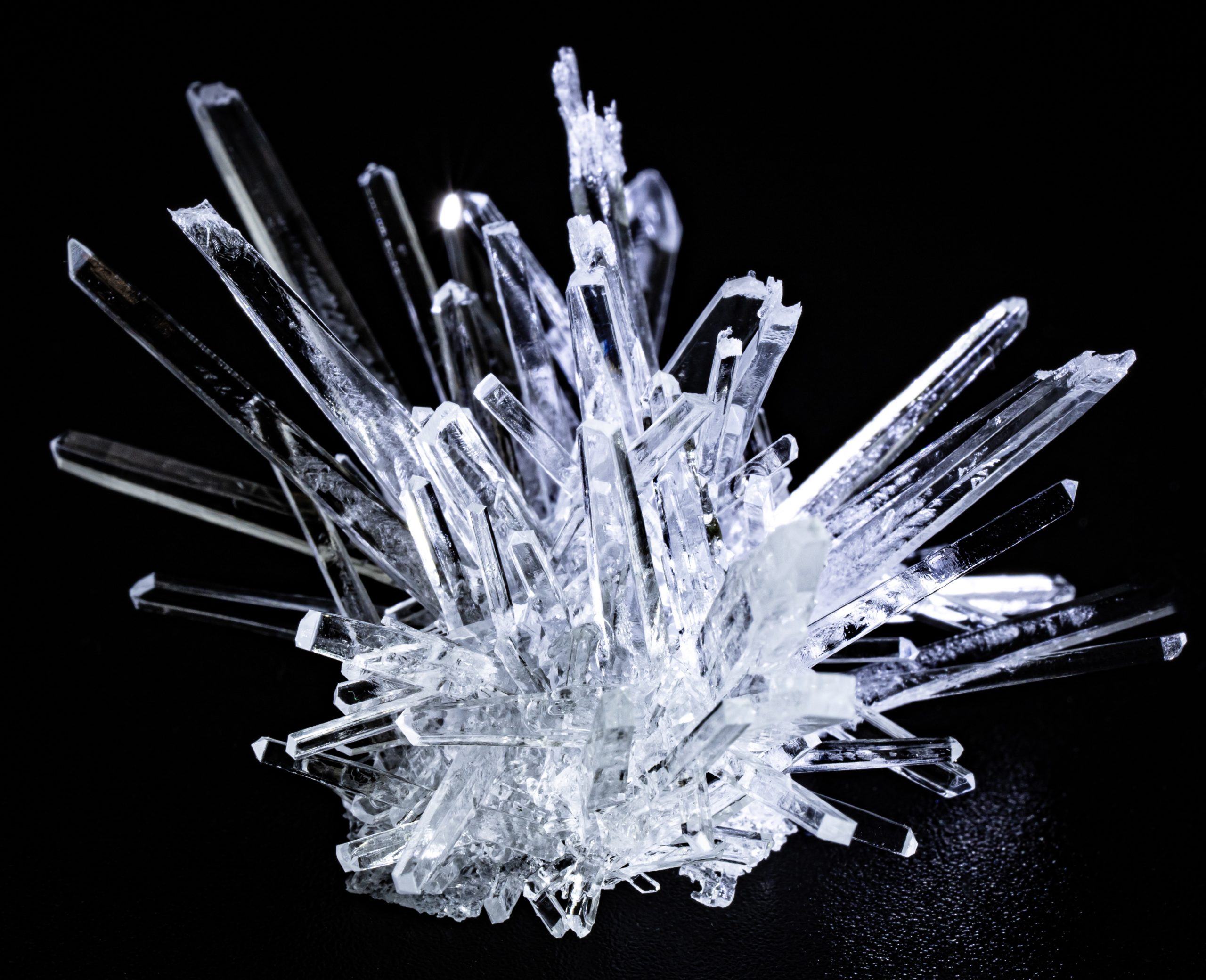The core purpose of methamphetamine is therapeutic; the substance can be used to manage health conditions such as Attention Deficit Disorder when prescribed in a clinical setting. However, like many substances, methamphetamine can also be used by those without an underlying health condition for recreational purposes.
Facts about methamphetamine
- Methamphetamine can be smoked via a pipe, injected, swallowed, and even snorted.
- Methamphetamine is also known as crystal, blade, batu, ice, quartz, glass, or simply “meth”
- Methamphetamine use causes individuals to feel more alert and sometimes euphoric, as well as more talkative and active. A decrease in appetite is also common among users.
- Methamphetamine also produces an initial “rush” which can last up to 30 minutes, which is far longer than drugs such as cocaine.
Those who used methamphetamine are at risk of developing a full addiction to the substance.
The signs of methamphetamine use
- Physical – Hyperactivity, twitching muscles (especially in the face), and sudden, jerky movements in the body
- Appearance – weight loss (which can sometimes be very dramatic), damaged skin or sores, teeth problems.
- Mental and emotional – lack of interest in aspects of life that once were highly valued (such as personal relationships); methamphetamine usage becomes the priority above almost all else. Paranoia and depression are also common.
- Lifestyle impacts – job loss, financial insecurity, relationship breakdown, and similar lifestyle impacts are commonly found among methamphetamine users.
- “Tweaking” – Used to describe a phase of addiction whereby an individual no longer experiences a “high” when using methamphetamine, which results in extreme cravings, sadness, an inability to sleep, and hallucinations. Tweaking is considered to be a particularly dangerous aspect of amphetamine addiction and carries a significant risk of self-harm.
The long-term consequences of methamphetamine addiction
Like all addictions, methamphetamine addiction is a serious threat to a person’s well-being. Methamphetamine use results in permanent changes to the structure of the brain, often resulting in a number of mental health issues as well as problems with decision-making and control over their habit. Methamphetamine’s physical impact is also significant: organ damage is common, and teeth health is affected, which can lead to infections and the need for full extractions. In addition, the cumulative detrimental impact of lifestyle changes that occurred as a result of the addiction can result in long-term harm to the quality of life.
Finding a way through methamphetamine addiction
Methamphetamine addiction is hugely problematic, creating serious issues that impact almost all aspects of life. The physical, mental, and emotional toll of addiction is extremely high and affects both the individual and their family, friends, and dependants. As a result, the need for effective treatment in order to manage the addiction and find a path back to full health is of utmost importance.
For addicts, rehab is the suggested course of action for those seeking to overcome methamphetamine addiction. An expertly-led program of rehab for methamphetamine in Indiana as provided by Evolve Indy can allow individuals to gain control over their addiction and find a way through to a brighter, healthier, and happier future that is free of dependency.

